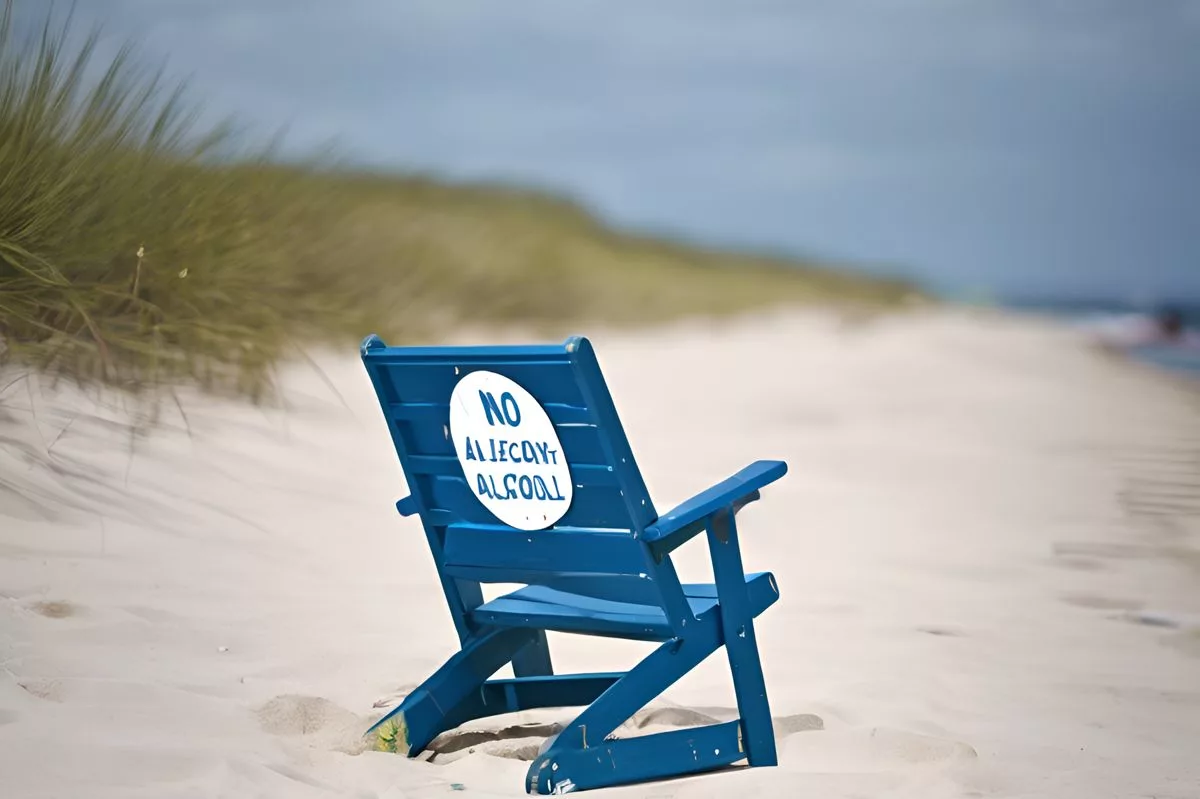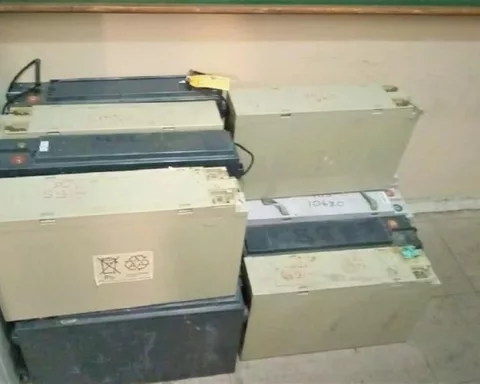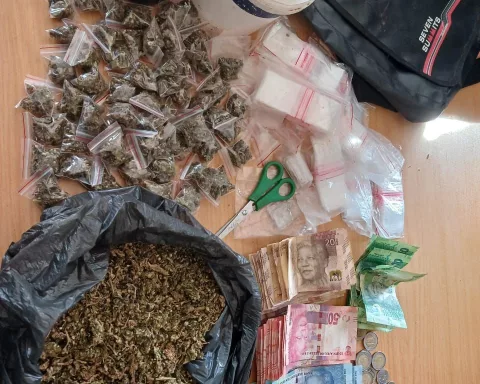There has been a significant decrease in confiscated alcohol bottles in public spaces in Cape Town, with a 20% decline recorded between October 2023 and January 2024 compared to the previous year. While the seizure rate is still high, the decrease suggests a shift towards a more responsible attitude towards drinking in public, with some choosing to celebrate in inflatable pools at home. The City’s laws prohibit drinking alcohol in public areas, and fines apply. The 20% reduction represents progress in increasing community responsibility.
A noteworthy 20% decline in confiscated alcohol bottles in public spaces was recorded in Cape Town from October 2023 to January 2024, in comparison with the same period the preceding year. Despite a high seizure rate, the decrease suggests a fraction of the community is leaning towards a more responsible attitude towards consuming alcohol in public, with some setting up inflatable pools at home to celebrate. The city’s laws unambiguously outlaw the introduction and drinking of alcohol in public areas, and fines apply. The 20% reduction represents a ray of hope towards increased accountability towards surroundings.
Observing the Shift in Public Spaces
An observable change has taken place within our city’s vibrant beaches and verdant parks, a change that has been happening slowly and subtly, yet effectively transforming the nature of our public spaces. A noteworthy 20% decline in confiscated alcohol bottles was recorded from October 2023 to 9th January 2024, in comparison with the same timeframe the preceding year. This decline, although promising, is just a tiny facet amid the vast array of societal challenges. However, it is a facet that symbolizes a potentially significant alteration in our collective behaviours and mindsets, a shift worth our consideration and scrutiny.
Analysing Seizure Rates and Geographic Impact
This observation does not signify the advent of widespread abstinence in our city. The seizure rate continues to remain disconcertingly high. During the defined period, a whopping 17,689 bottles of alcohol, translating to 9,375.59 litres, was impounded by the City’s enforcement personnel. This figure is staggering, yet it’s critical to understand that it is almost 5,000 bottles less compared to the previous year’s count of 21,907.
A deeper dive into geographical factors offers intriguing insights. Area West, which includes popular beaches such as Kalk Bay, Muizenberg, Fish Hoek, Hout Bay, Camps Bay, Clifton, and Maiden’s Cove, accounted for a disproportionately large 40% of all seizures, summing up to 7,140 bottles.
The New Year’s extended weekend, generally associated with extensive celebrations, witnessed over 4,000 bottles being confiscated. While the figures are high, the overall decrease suggests that a fraction of our residents is leaning towards a more responsible attitude towards consuming alcohol in public.
Interactions with the Public and Law Enforcement Observations
This conclusion isn’t solely based on raw data. The City’s enforcement officers have gathered valuable insights from their dealings with the public. Several city dwellers have been observed setting up inflatable pools at home, providing a secure space for festivities without breaking any rules. Some have cited financial constraints for the change, while others preferred to reserve their alcohol for later use at their home comfort.
Naturally, there will always be a section of the population that seeks to skirt around the rules. Nevertheless, our enforcement staff is proficient in spotting and halting such violations. Alderman JP Smith, Mayoral Committee Member for Safety and Security, extends his appreciation to those who choose to spend a day outdoors without alcohol, acknowledging their responsibility and their contribution to others’ safety.
Understanding the City’s Regulations on Public Alcohol Consumption
The City’s laws unambiguously outlaw the introduction and drinking of alcohol in public areas, such as parks, beaches and swimming pools. Breaking these laws result in a penalty of R500 fine. The City’s Impoundment policy allows seized alcohol to be tagged and stored, with unclaimed alcohol destroyed after a period of three months. The impounded alcohol can be recovered after paying the fine and an impoundment release fee of R748.
A recent incident on 18th December in Sea Point perfectly illustrates this policy in action. Law enforcement officers seized 56 ciders and beers, along with an open bottle of spirits. The confiscated alcohol was reclaimed the next day after the necessary fees were paid.
A Glimmer of Hope Amidst Challenges
The 20% reduction is no cure-all solution. It doesn’t eliminate the problems related to public inebriation, nor does it imply a comprehensive transformation of societal standards. However, it does represent a ray of hope. A hope that we, as a community, are starting to display an increased sense of accountability towards our surroundings and each other. This subtle yet impactful shift might just be the precursor to more positive changes in the future.
What is the decrease in confiscated alcohol bottles in public spaces in Cape Town?
There has been a significant decrease in confiscated alcohol bottles in public spaces in Cape Town, with a 20% decline recorded between October 2023 and January 2024 compared to the previous year.
What does the decrease suggest about the attitude towards drinking in public in Cape Town?
The decrease suggests a shift towards a more responsible attitude towards drinking in public, with some choosing to celebrate in inflatable pools at home.
What are the laws in Cape Town regarding drinking alcohol in public areas?
The City’s laws prohibit drinking alcohol in public areas, and fines apply. Breaking these laws result in a penalty of R500 fine. The City’s Impoundment policy allows seized alcohol to be tagged and stored, with unclaimed alcohol destroyed after a period of three months. The impounded alcohol can be recovered after paying the fine and an impoundment release fee of R748.
What is the total number of alcohol bottles impounded during the defined period?
During the defined period, a whopping 17,689 bottles of alcohol, translating to 9,375.59 litres, was impounded by the City’s enforcement personnel.
Which geographic area accounted for a disproportionately large number of all seizures?
Area West, which includes popular beaches such as Kalk Bay, Muizenberg, Fish Hoek, Hout Bay, Camps Bay, Clifton, and Maiden’s Cove, accounted for a disproportionately large 40% of all seizures, summing up to 7,140 bottles.
What does the 20% reduction represent?
The 20% reduction represents progress in increasing community responsibility towards consuming alcohol in public. It symbolizes a potentially significant alteration in our collective behaviours and mindsets, a shift worth our consideration and scrutiny.












